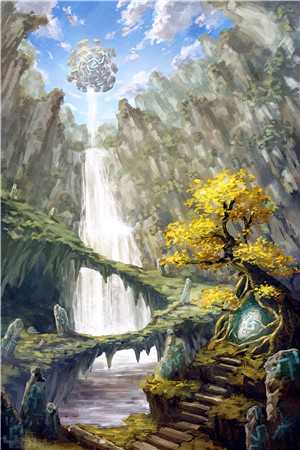
Japanese cinema has a long and celebrated history, dating back to the early 1900s when the country first began producing silent films. Over the decades, Japanese filmmakers have created some of the most iconic and influential works in world cinema, spanning across various genres and styles.One of the most notable aspects of Japanese cinema is its focus on traditional culture and values, often contrasted with the modern realities of a rapidly changing society. Films like "Akira Kurosawa's Rashomon" and "Yasujiro Ozu's Tokyo Story" are prime examples of this, exploring the complexities of human nature and relationships with a deep sense of empathy and insight.Japanese cinema is also known for its unique storytelling techniques and visual aesthetics. Directors like Hayao Miyazaki and Takeshi Kitano have pushed boundaries and experimented with new forms of storytelling, creating visually stunning and emotionally resonant works that have captivated audiences around the world.Another key feature of Japanese cinema is its ability to blend genres and styles, creating hybrid works that defy easy categorization. Films like "Battle Royale" and "Akira" blend elements of sci-fi, horror, and action to create a thrilling and thought-provoking ride that leaves a lasting impression on viewers.Overall, Japanese cinema continues to be a vibrant and diverse industry that produces a wide range of films that cater to various tastes and sensibilities. With its rich history, innovative storytelling, and unique visual aesthetic, it's no wonder that Japanese cinema continues to be a major force in the global film industry.











